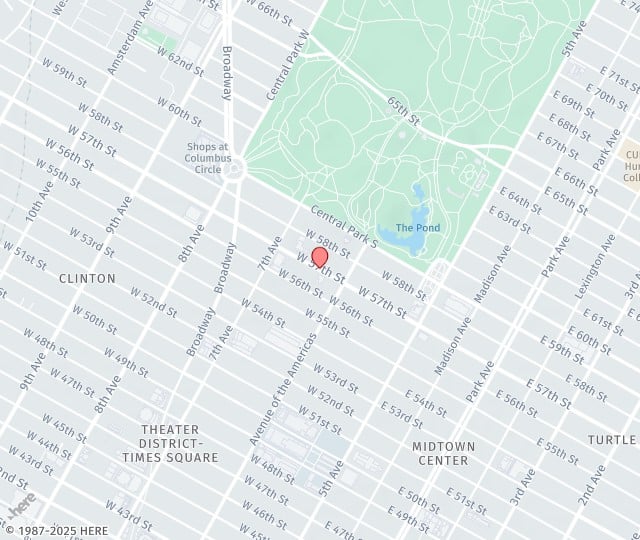
If you’ve ever sat through a dental appointment where the anesthesia just didn’t seem to work, you’re not alone — and you’re not imagining things! Difficulty getting numb is a real and frustrating experience for many people, especially those with dental phobia or a history of negative dental encounters. At Dr. Louis Siegelman’s New York City practice, patients who’ve struggled with local anesthesia find understanding, advanced techniques, and compassionate care.
Dr. Siegelman is a board-certified dental anesthesiologist with decades of experience helping patients who are fearful, anxious, or resistant to numbing agents. Here are some expert-backed tips and insights for managing and overcoming this issue.
1. Understand Why It Happens
There are several reasons why local anesthetic may not work as expected. High anxiety can elevate adrenaline levels, which may reduce the effectiveness of numbing medication. Infections near the treatment area can also interfere with the effectiveness of anesthetics. Additionally, variations in anatomy (where your nerves are located) can make it harder to reach the targeted nerve bundle. Understanding the “why” is the first step toward finding a better solution.
2. Tell Your Dentist Everything
Open communication with your dentist is essential. If you’ve had trouble getting numb in the past, please mention it before your appointment. Our dentists encourage patients to share previous experiences so that we can adjust our approach accordingly. There’s no such thing as too much information when it comes to your comfort.
3. Explore Sedation Options
Sedation dentistry can be a powerful tool for patients who don’t respond well to local anesthesia. Sedation not only helps reduce anxiety (which then makes the anesthetic more effective), but also changes your perception of time and discomfort during treatment. Dr. Siegelman offers options such as oral sedation, nitrous oxide, and IV sedation, depending on your needs and comfort level.
4. Ask About Advanced Numbing Techniques
Not all numbing approaches are the same. While Dr. Siegelman’s practice emphasizes comfort and effectiveness grounded in his training as a dental anesthesiologist, you may choose to ask whether supplemental techniques (such as intraligamentary injections or computer-controlled delivery tools) could be appropriate for your needs.
5. Choose a Dentist Who Specializes in Phobic Patients
If you’ve avoided the dentist due to failed numbing in the past, it’s essential to see someone who understands the emotional toll that experience can take. Dr. Siegelman’s practice was built for patients like you — those who need a different kind of care. He and his team offer a welcoming, nonjudgmental environment where your concerns are heard and your comfort is a priority.
Take the First Step Toward Comfortable Care
If getting numb has been a barrier to your dental care, our caring dentists in NYC are here to help. Contact (212) 974-8737 to schedule a consultation and learn how gentle, patient-centered dentistry can make all the difference.

